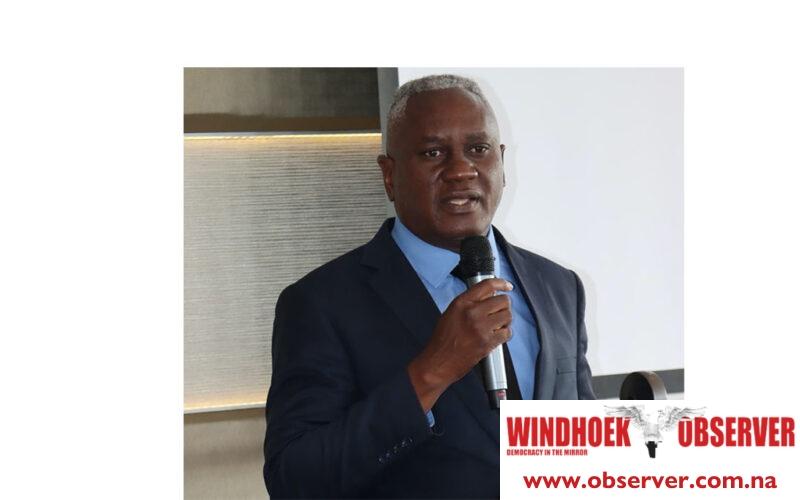Niël Terblanché
A complete stock-out has not occurred at Rundu Intermediate Hospital, according to the Ministry of Health and Social Services, which has dismissed reports of a medicine and supply crisis as inaccurate.
Responding to claims published in a national daily under the headline “Rundu Hospital Crisis: No medicine, no bandages, no malaria test kits,” the ministry’s executive director, Penda Ithindi, said the article contains “several factual inaccuracies” regarding current stock levels.
He acknowledged occasional challenges in the sustainable supply of certain items but said these do not amount to a crisis.
“The low levels reported earlier had already been addressed, and further deliveries are expected to be made to Rundu Hospital as per the supply orders made,” he said in a statement issued on Tuesday.
Ithindi listed available stock levels as of Tuesday, including ten days’ supply of elastic bandages, seven days of plaster and crepe bandages, and six weeks of bandage conformity. Malaria test kits were available for seven days, and Coartem, an antimalarial drug, had a two-week supply.
For anaesthetics, the hospital had two months’ supply of propofol, four months of ketamine, fentanyl, and alfentanyl, and two weeks of sevoflurane.
“Rundu Hospital has an adequate stock of malaria test kits, including goods in transit. There is no crisis of missing medicines or supplies at the hospital,” Ithindi stated.
Despite the ministry’s position, public concern remains. Reports last week revealed that Rundu has seen over 2,000 malaria cases and ten malaria-related deaths since January. Health workers have raised concerns about shortages of diagnostic kits and essential supplies.
According to media reports, nurses and doctors frequently instructed patients to purchase their own medication and bandages due to recurring shortages.
The doctors also described a sense of demoralisation caused by persistent stockouts. One physician was quoted as saying they felt “helpless and useless” when unable to provide adequate treatment.
The hospital’s superintendent clarified that the Central Medical Stores in Windhoek manage the supply chain centrally, giving the hospital little control over procurement.
Ithindi emphasised that stock levels are monitored and replenished regularly.




